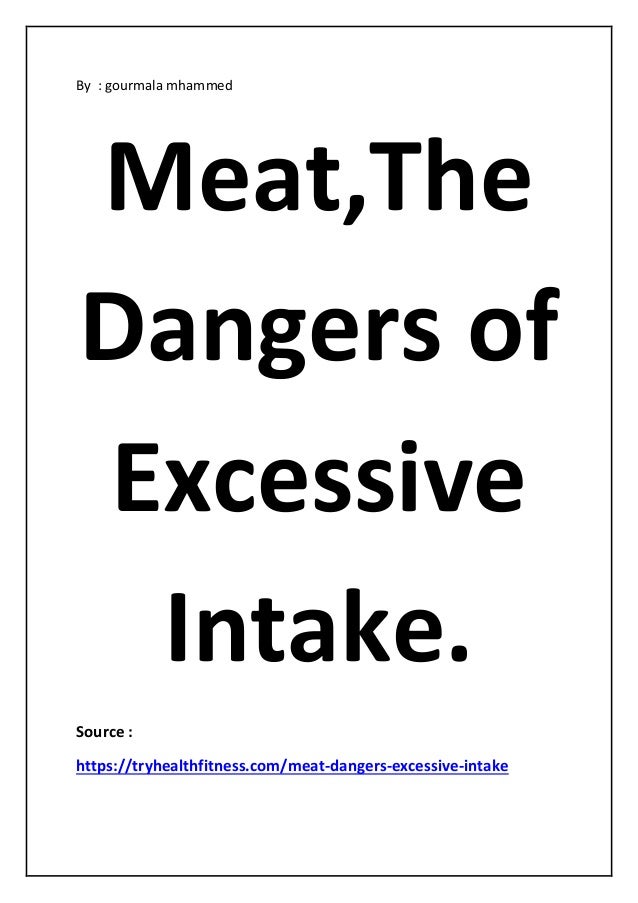

Vitamin overload symptoms are a real concern for those who take vitamin supplements or consume large quantities of vitamins through their diet. This condition, often overlooked, can lead to a range of unpleasant side effects, from mild discomfort to potentially serious health issues. This comprehensive guide will dive deep into the world of vitamin toxicity, exploring its causes, signs, symptoms, and effective solutions. We’ll explore how to recognize the dangers of excessive vitamin intake and how to maintain a healthy balance of nutrients in your diet. This article will be structured into sections addressing causes, symptoms, diagnosis, and ultimately, solutions.
Understanding Vitamin Overload
Defining the Problem
Excessive intake of vitamins, whether through supplements or a highly concentrated diet, can lead to a condition known as hypervitaminosis. This occurs when the body absorbs more vitamins than it needs or can effectively use. While vitamins are essential for optimal health, an excess can disrupt the delicate balance of nutrients in the body and lead to a range of negative effects.
Identifying the Risk Factors
Several factors contribute to the risk of vitamin overload. These include taking high doses of vitamin supplements, consuming foods with extraordinarily high concentrations of particular vitamins, and deficiencies in the enzymes responsible for metabolizing vitamins.
The Role of Supplements in Vitamin Overload
Many people turn to vitamin supplements to bolster their nutrient intake. While this can sometimes be beneficial, excessive supplementation can easily lead to vitamin overload. Supplement doses often far exceed the recommended daily allowances (RDA), increasing the risk significantly.
The Importance of Dietary Awareness
The foods we consume also play a crucial role in vitamin intake. Some fruits and vegetables are naturally rich in particular vitamins. While a healthy and varied diet is fundamental for good health, consuming massive quantities of these foods could cause vitamin overload.
Prevention Strategies
Preventive measures can help mitigate the risk of vitamin overload by understanding the role of vitamins in the body and their recommended daily allowances. Proper planning in consultation with a medical professional is key to safe and effective vitamin intake and to preventing potential negative health consequences.
Recognizing the Symptoms of Vitamin Overload
Gastrointestinal Issues
A common sign of vitamin overload is gastrointestinal distress. Symptoms such as nausea, vomiting, diarrhea, and abdominal cramps can manifest as a result of excessive vitamin intake. In severe cases, these symptoms can lead to dehydration and nutrient deficiencies.
Neurological Symptoms
Certain vitamins, when consumed excessively, can impact the nervous system. Symptoms might include headaches, dizziness, and even seizures. These symptoms can vary significantly in severity and are crucial to pay attention to.
Skin Irritation
Excessive intake of certain vitamins can also affect the skin. Skin irritation, rashes, and itching are possible consequences. Monitoring changes in skin conditions is crucial for identifying potential vitamin overload issues.
Fatigue and Weakness
Excessive vitamin intake can contribute to feelings of fatigue, weakness, and general malaise. These symptoms are easily misattributed to other conditions, making it essential to be aware of their association with vitamin overload.
Liver and Kidney Strain
Prolonged intake of excessive vitamins can strain the liver and kidneys. These organs are responsible for processing and filtering nutrients, and excessive vitamin intake can overwhelm these systems, potentially leading to damage and further health problems.
Diagnosing Vitamin Overload
Medical History and Physical Examination
Diagnosing vitamin overload frequently involves a thorough medical history and physical examination. Your doctor will inquire about your vitamin intake, both from supplements and dietary sources. A physical examination can detect potential signs like skin irritation or neurological symptoms.
Diagnostic Tests
Blood tests are often used to assess vitamin levels in the body. Elevated levels of particular vitamins can indicate potential overload. These tests are essential for a proper diagnosis.
Differential Diagnosis
Determining if symptoms are truly due to vitamin overload requires ruling out other possible causes. Similar symptoms could result from other medical conditions. A thorough evaluation by a medical professional is necessary.
Important Considerations
It’s essential to keep in mind that vitamin overload symptoms can mimic symptoms of other conditions. A proper diagnosis and treatment plan require a medical professional’s assessment, not self-diagnosis.
Seeking Professional Advice
Seeking the advice of a healthcare professional is critical in diagnosing and managing vitamin overload. Early detection and intervention are crucial for preventing potential long-term complications.
Treating and Managing Vitamin Overload
Immediate Actions
In cases of suspected vitamin overload, it’s crucial to stop taking supplements immediately. Reducing or discontinuing the intake of excessive vitamins is a critical first step in managing the situation.
Dietary Modifications
Adjusting your diet to reduce your intake of high-vitamin foods or supplements is often a necessary part of the recovery process. Consulting a nutritionist to create a balanced diet plan that meets your body’s needs while avoiding excessive intake of certain vitamins is crucial.
Medical Interventions
In some cases, medical intervention might be necessary to address specific complications from vitamin overload. Your doctor can prescribe appropriate medication or therapies to aid in recovery.
Importance of Continuous Monitoring
Continuously monitoring vitamin levels and working with your doctor to manage your intake is essential for maintaining a healthy balance. Regular check-ups and adjustments to your plan are necessary.
Prevention and Education
Understanding the importance of balanced intake and consulting a healthcare professional before starting or increasing any vitamin supplement regimen is paramount. Comprehensive knowledge of vitamin intake is key to prevention and healthy habits.
Long-Term Effects of Vitamin Overload
Impact on Organ Systems
Prolonged exposure to excessive vitamin levels can negatively affect various organ systems. Liver and kidney function can suffer from the strain of processing large quantities of vitamins beyond the body’s capacity.
Potential Chronic Conditions
In extreme cases, vitamin overload could contribute to the development of chronic health problems. Regular health check-ups and appropriate professional guidance are necessary for preventative measures.
Nutritional Imbalances
Excessive intake of certain vitamins can disrupt the delicate balance of other nutrients in the body. This can lead to a deficiency in other essential nutrients.
Increased Risk of Other Conditions
An imbalanced diet can increase the risk of various health conditions. Regular check-ups with your doctor are important for evaluating risks and potential side effects.
Importance of a Balanced Approach
Maintaining a balanced approach to vitamin intake is critical for optimal health. Consult healthcare professionals and rely on evidence-based information for guidance.
In conclusion, vitamin overload symptoms can range from mild discomfort to serious health complications. Understanding the signs and symptoms of excessive intake is crucial for maintaining optimal health. By consulting with healthcare professionals and following a balanced diet, you can prevent vitamin overload and ensure that your body receives the necessary vitamins in the right amounts. Always prioritize a doctor’s advice and don’t hesitate to seek professional guidance if you suspect you might be experiencing symptoms of vitamin overload. The path to a healthier you starts with responsible vitamin consumption and diligent monitoring of your intake.